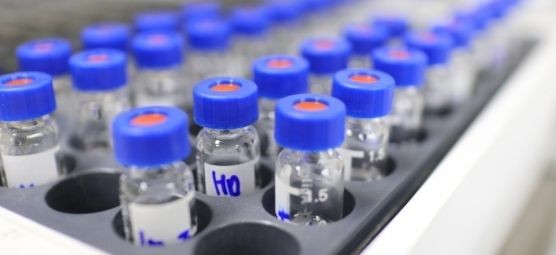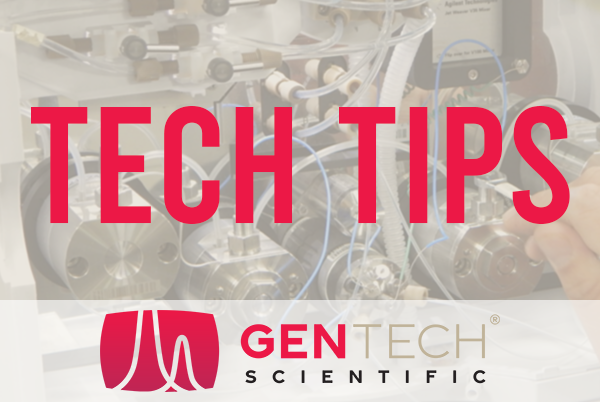There are few factors more important to a farmer than their soil. The quality of a farm’s soil and seeds determines the quality of their crops. That said, some farmers can get by with lower-quality seeds, so long they have quality soil. In other words, soil is vital to a farm’s success. Naturally, the overwhelming question is, how do farmers test their soil? The answer is found through numerous tests, but the most accurate results come from using chromatography. Read on for more information on how chromatography can help with soil analysis.
Ion Analysis
If we examine the components of soil, it’s no surprise that we’ll find both positively and negatively charged ions. Soil almost always consists of positively charged ions such as calcium, magnesium, potassium, ammonium, hydrogen, and sodium. Alternatively, soil also consists of negatively charged ions such as chlorine, nitrate, sulfate, and phosphate. Labs can use ion chromatography to separate anions and cations to determine their concentrations within the soil.
Contaminant Analysis
Almost every farmer’s soil consists of some sort of contaminant. Contaminants can include almost anything. Some of the most common contaminants are pesticides, petroleum, and lead. Unsurprisingly, farmers should try to prevent contaminants at all costs if they want to be successful. The problem is that many farmers don’t realize their soil is polluted. The only way to determine the quality of soil and detect any contaminants is through chromatography. Regular soil analysis is a requirement for some farms. In fact, if the FDA and USDA deem a farm a major food supplier, that farm may be required to report their soil analysis results.
Forensic Soil Analysis
While soil analysis is most common in agriculture, it’s not the only industry that uses this practice. Forensic science frequently uses soil analysis at crime scenes. The soil at a crime scene may consist of multiple determining factors, including bodily fluids. Additionally, forensic scientists can analyze the soil surrounding a fingerprint. Forensic labs may also analyze the soil found on a suspect’s shoes or clothing in an attempt to determine where the soil came from, since soil components vary geographically.
All things considered, various chromatography methods are especially useful, including ion and high-performance liquid chromatography. If you work in an agricultural lab, you and your team can benefit from all the ways chromatography can help with soil analysis.
We know you’re probably concerned with the cost of chromatography machines but rest assured—GenTech Scientific has you covered. With our decades of industry experience, we offer top-quality refurbished lab equipment that’s reliable and like-new. Whether you’re searching for used HPLC equipment, gas chromatographers, mass spectrometers, or accessories, our inventory can serve all your needs. If you have any questions, don’t hesitate to contact our team today.





